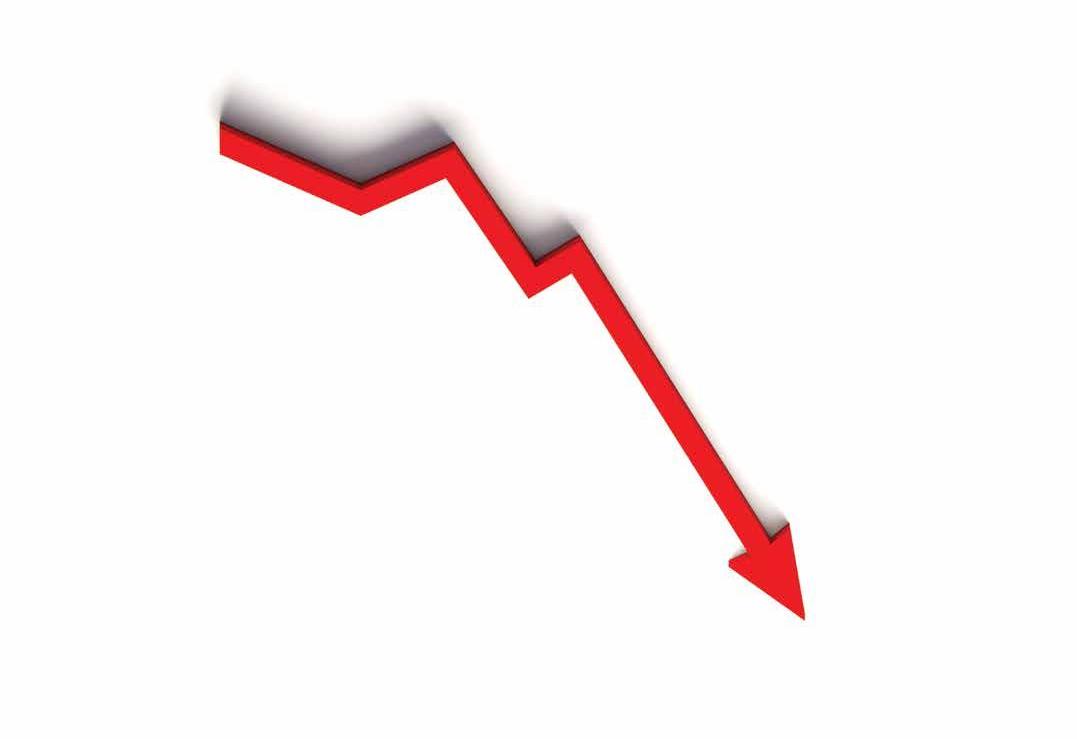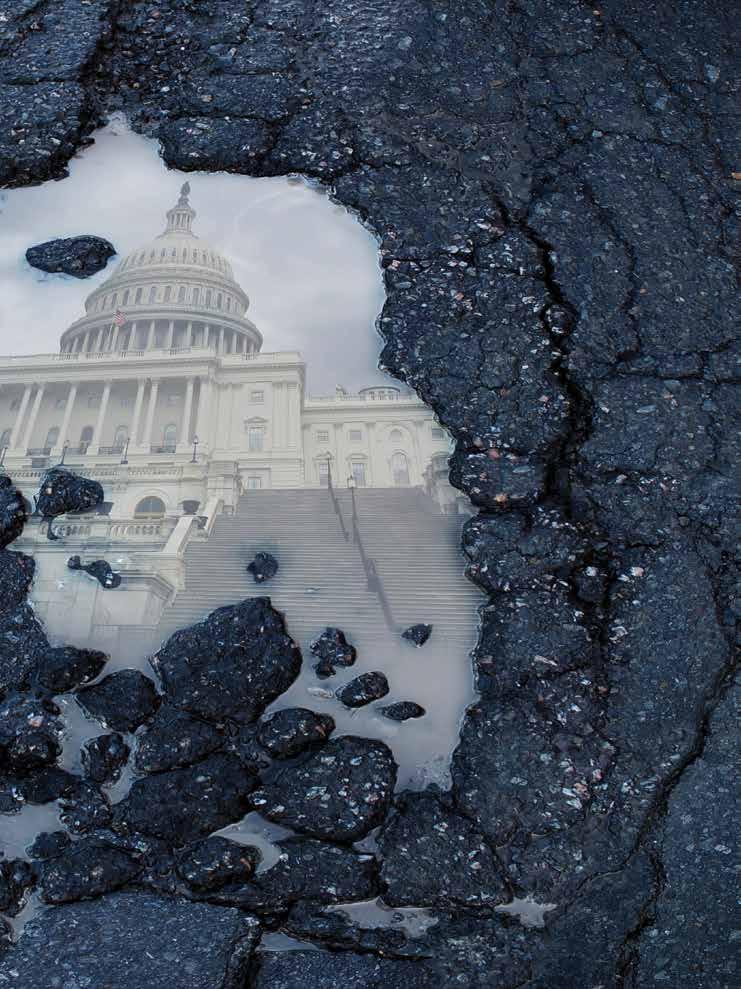
3 minute read
Chairman’s Column
Jon Harrell | Chairman Arkansas Bankers Association
It’s safe to say that banks spun out of the 2008-2011 economic downturn with a less than sparkling public image. Whether community banks contributed to the issues that exacerbated the most recent great recession or not, we have had a difficult time flipping the script. The onslaught of Dodd-Frank and other regulations following slowed down our processes and made explaining required documentation to close loans a very difficult and confusing task to our customers, further tarnishing the public’s view of banking. Non-traditional options popped up as options for our current and potential customers that highlighted that customers didn’t need traditional brick and mortar bank branches for their banking needs. Talented graduates from our universities didn’t pursue banking as a degree path or consider it as a career option. Now we have P2P platforms that are taking our deposits out of the banking system altogether. It leaves me asking, when are we going to catch a break?
As community bankers have done for decades, we went to work. We worked through our problem credits. We worked with our struggling customers to get them through to the other side. Bank’s utilized the TARP Program as it was intended and repaid the funds; making it one of the most successful and profitable bailout programs in history. The industry slowly started to heal and increased industry capital levels improved our balance sheets.
We managed through the Dodd-Frank regulations and beefed up our compliance teams and utilized consultants to implement the new requirements. The administration change in 2016 brought about federal tax rate changes and a change in tone with our regulatory agencies. The economy started to boom, the stock market began to soar, and residential and commercial construction was healthy.
The sudden arrival of COVID-19 has changed the landscape at an unfathomable pace. Suddenly, optimistic 2020 budgets are tossed aside with reforecasting a challenge with all of the uncertainty about the duration and depth of the virus. We are increasing our loan loss provisions, hoping for the best but preparing for the worst. We have closed our lobbies to traffic and some of our team members are working from home. We all dusted off our telecommuting policy and used it. With all of the economic chaos and uncertainty that we are experiencing, we have discovered one thing about our industry: WE ARE ESSENTIAL. We will never get, nor do we deserve, the praise and recognition of the health care workers or first responders that are on the front lines of this epidemic. The sacrifices they and their families are making are unbelievable and we all owe them a tremendous amount of gratitude. We are appreciative of the many industries and occupations that are supporting our communities and economies through this time. Banking is certainly proving its worth from continuing the flow of transactions and commerce to facilitating SBA Paycheck Protection Program (PPP) loans at impressive levels for our customers and communities. We are also a major conduit for federal stimulus checks to reach consumers. Furthermore, we are once again working with our customers to provide payment relief through interest only and deferment options. Small businesses and the individuals running them are the backbones of our communities. I am impressed with their fortitude and desire to get to the other side of this situation and resume business as usual. They want to rehire their employees and serve their customers with what is hopefully pent up demand once this is over.
The next three to six months will be unchartered territory for our industry. We will begin and hopefully complete the process of handling the forgiveness piece of the PPP loans. The majority of loan customers that we are modifying current loan terms for will hopefully be able to begin re-amortizing their loans. There will inevitably be the need to continue working with some of the harder hit industries that will be slower to come back, and we look forward to serving those businesses. A better realization of the total impact the virus is having on our loan portfolios will begin to come into view.
Certainly, positive things will arise from this experience. We learn from every situation and challenge that comes our way. We may be a little more battered and bruised but this will prepare us for the next hurdle that comes our way, no matter how high!
I, for one, am proud to work for an essential business that has demonstrated the ability and willingness to do what is necessary to help our customers, clients, and communities in a crisis. I am hopeful the banking industry will come out on the other side of this pandemic with a better image.










